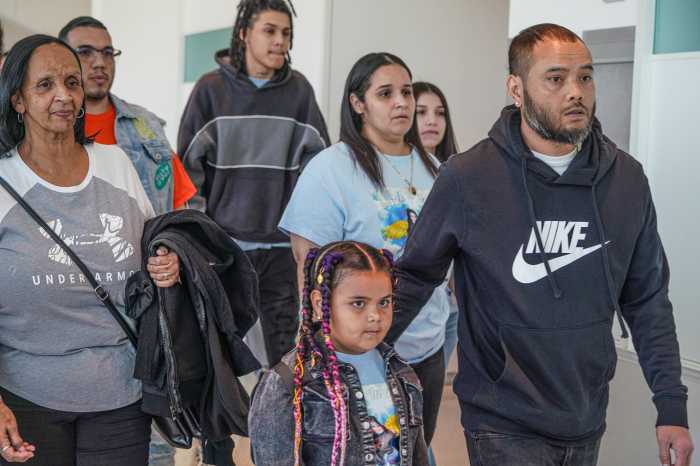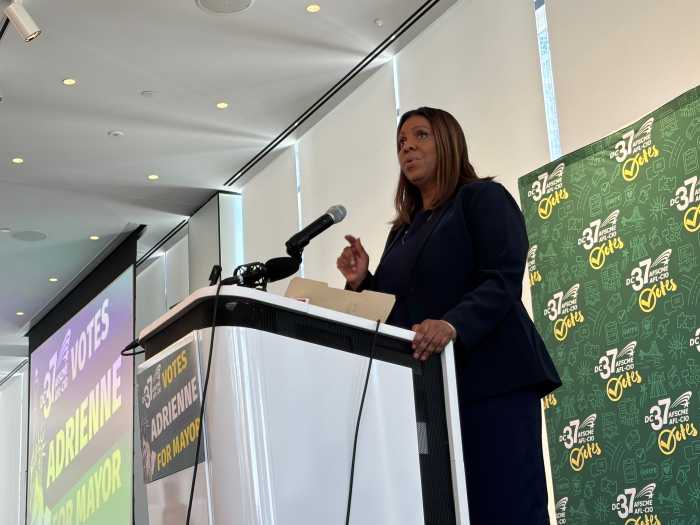
A new initiative to increase access to birth control in city hospitals was announced Thursday by Mayor Bill de Blasio’s administration.
Eleven public hospitals and six ambulatory care centers will soon stock intrauterine devices (IUD) and other long-acting reversible contraceptives for primary care visits.
First lady Chirlane McCray, the co-chair of New York City’s Commission on Gender Equity, suggested the country’s current political climate is putting women’s rights at risk and it’s up to local governments to help protect women and families.
“These new steps will help prevent unintended pregnancy in New York City and allow women to care for themselves and their loved ones,” McCray said. “Beyond that, we are sending a clear message: New York City will not stop fighting for the health and wellness of women and families. Cities across the country can and should follow our lead.”
The NYC Health + Hospitals system currently serves about 113,000 women and girls between 13 and 49 years old. Over the next three years, the city will buy 13,000 new contraceptive devices, which officials believe will help protect close to 5,000 additional women against unwanted pregnancy.
Dr. Machelle Allen, chief medical officer of NYC Health + Hospitals, specializes in OB/GYN and stressed the importance of helping women make tough decisions.
“Each woman is different, having differing needs and lifestyles,” said Allen. “As women’s reproductive options are being challenged across the country, I’m proud that we in New York continue to expand, not contract, these options.”
The new initiative will also offer pre-pregnancy care, prenatal care, or the birth control of their choice through new "pregnancy intention" screenings.
Chronic medical conditions that have been known to increase the risk of complications during pregnancy will be part of a new "health readiness" assessment.
Women between the ages of 13 and 18 can also obtain an IUD from the city’s ambulatory clinics.
"These new initiatives demonstrate our city’s continuing commitment to streamline and ultimately increase women’s access to birth control, at a time when the Trump administration is making clear attempts to roll back access,” said Dr. Herminia Palacio, deputy mayor for Health and Human Services. “Having effective contraceptive methods readily available ensures that women and families in New York City face fewer barriers to the critical reproductive health care they want and need.”




































